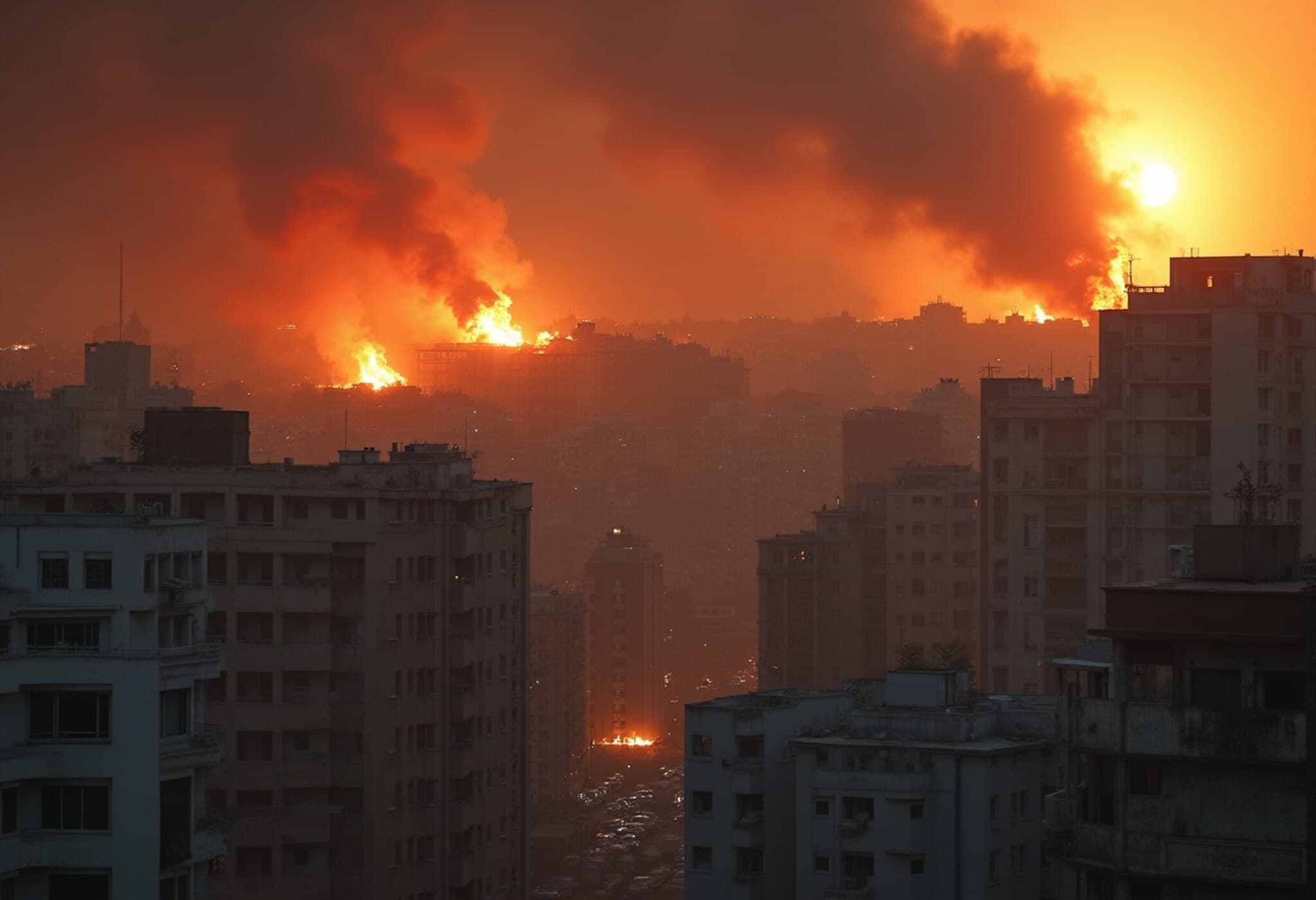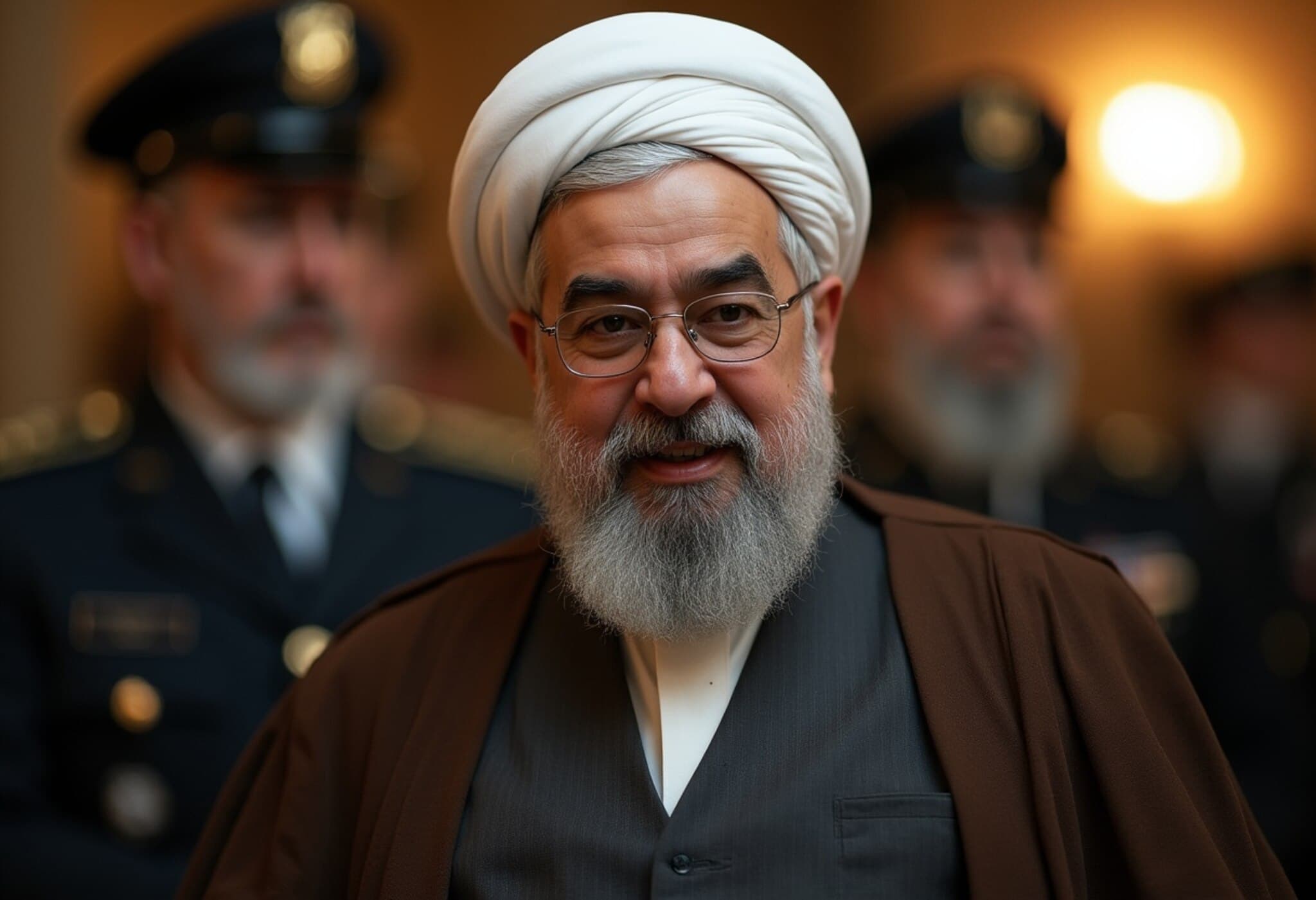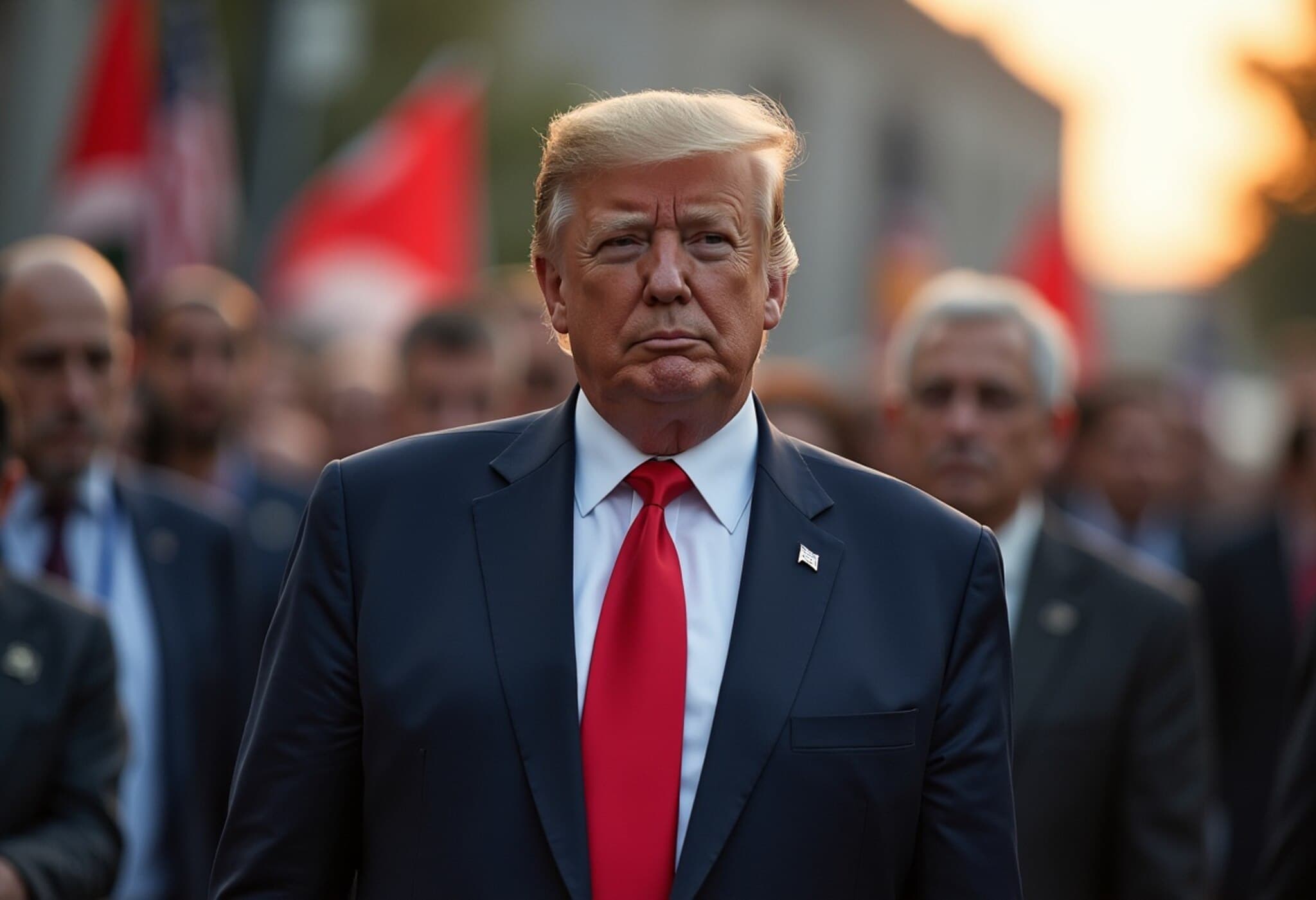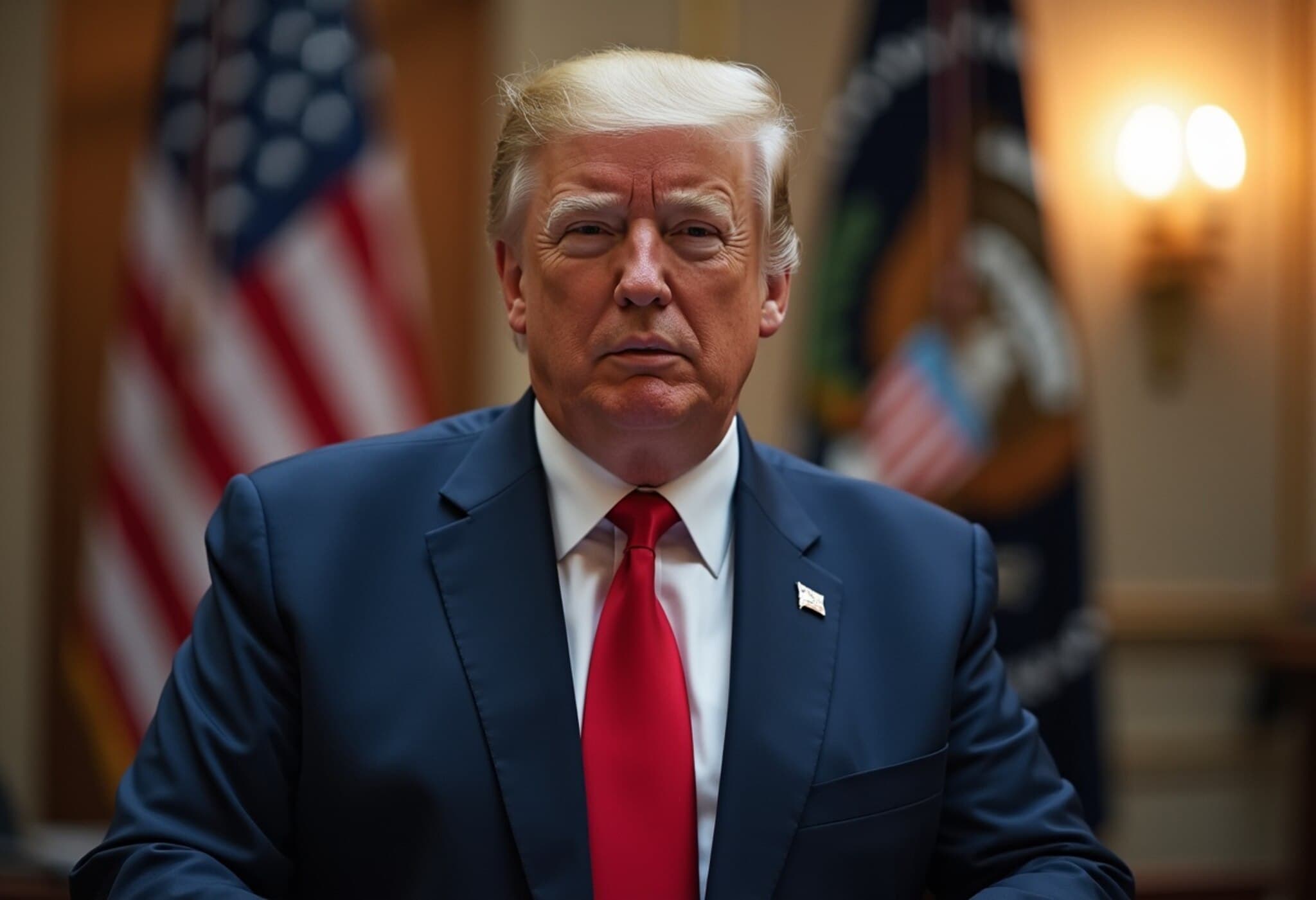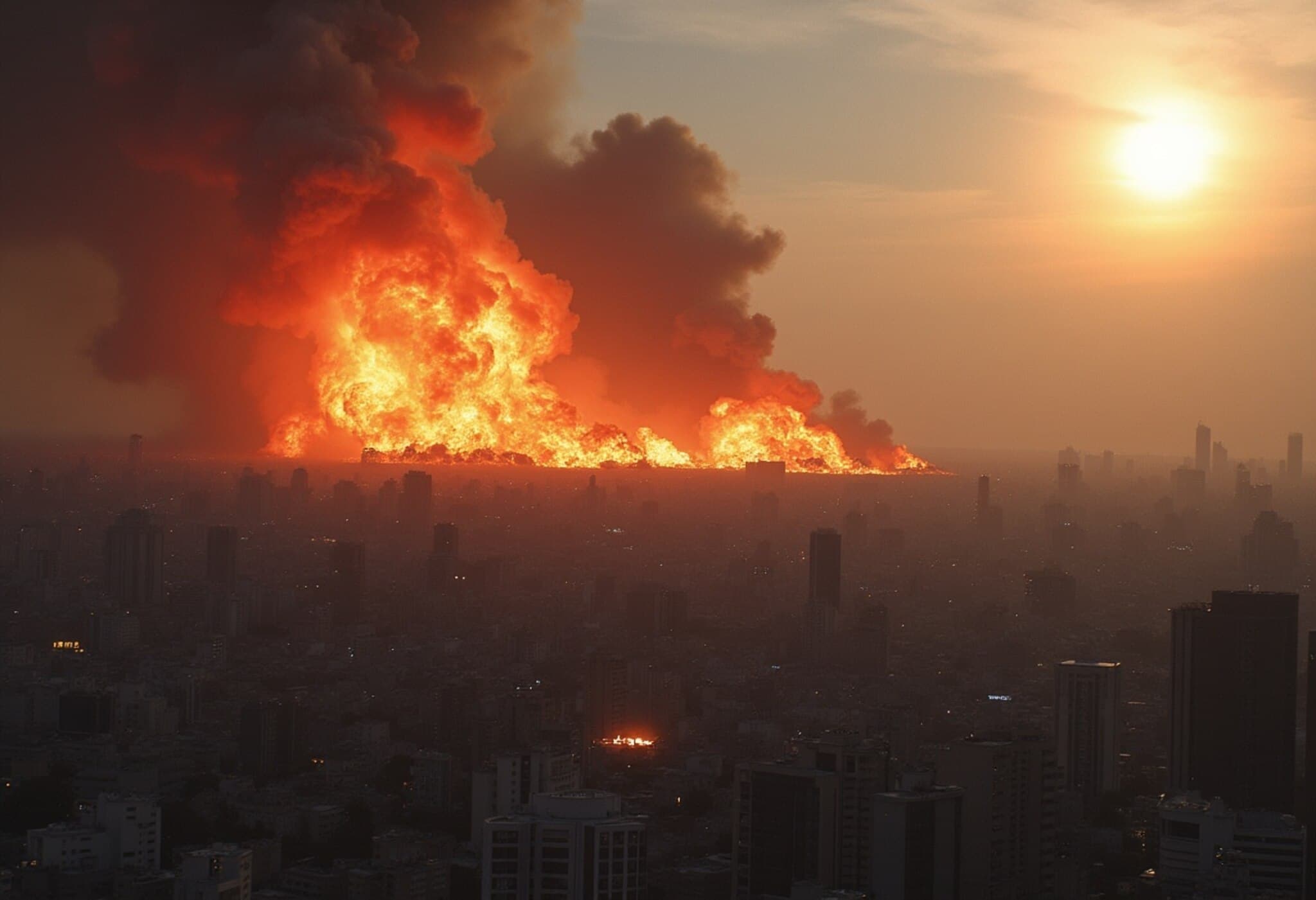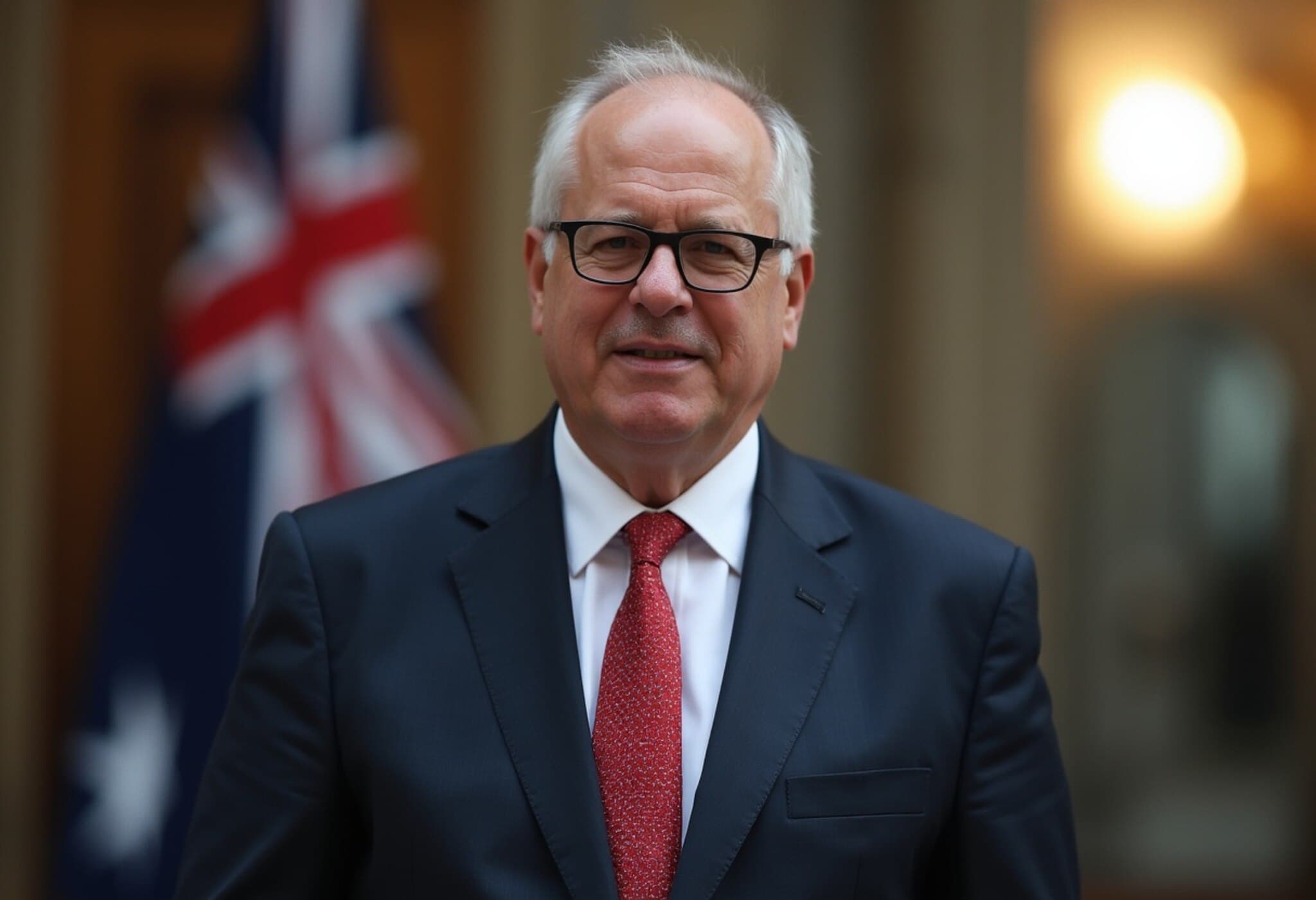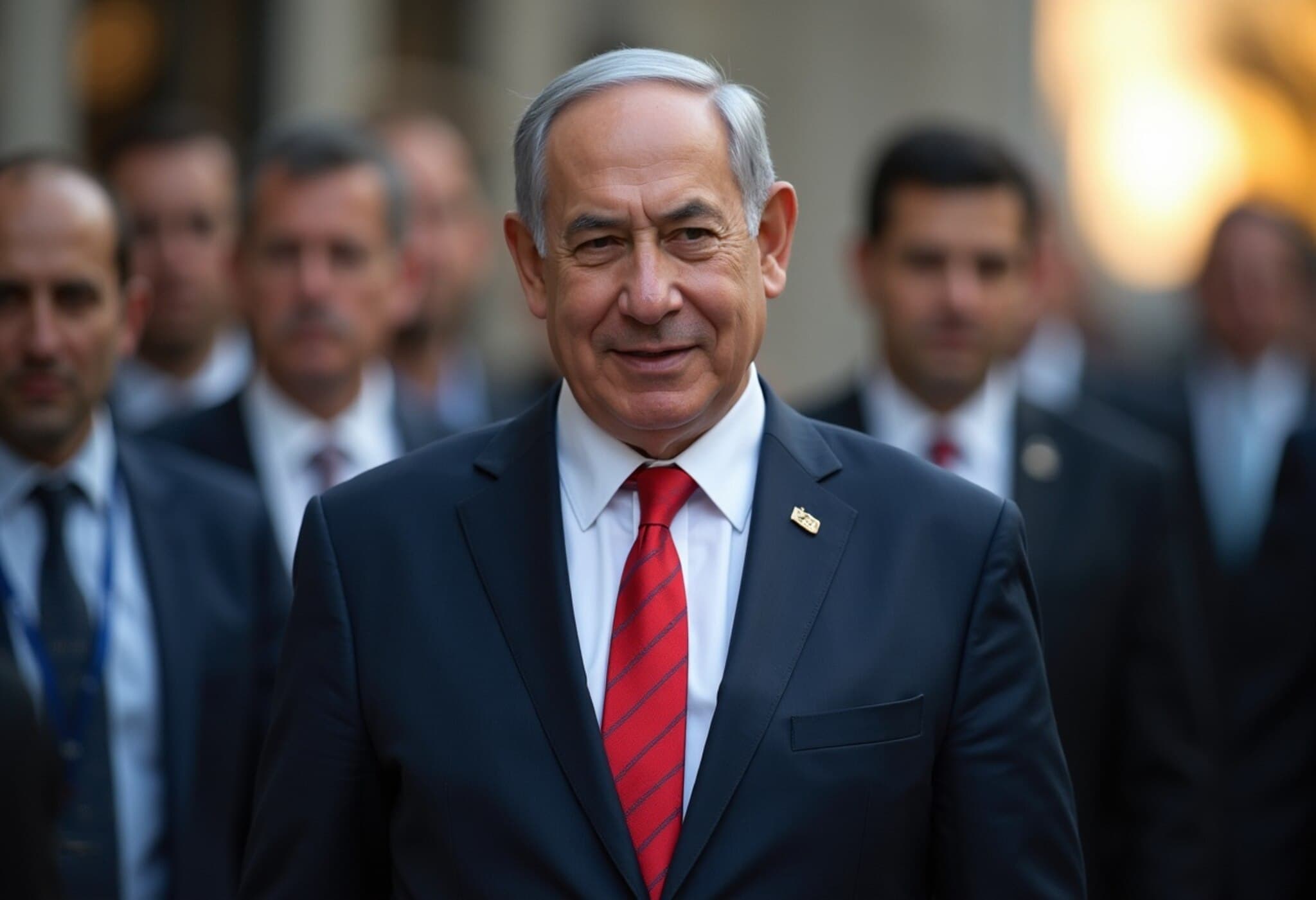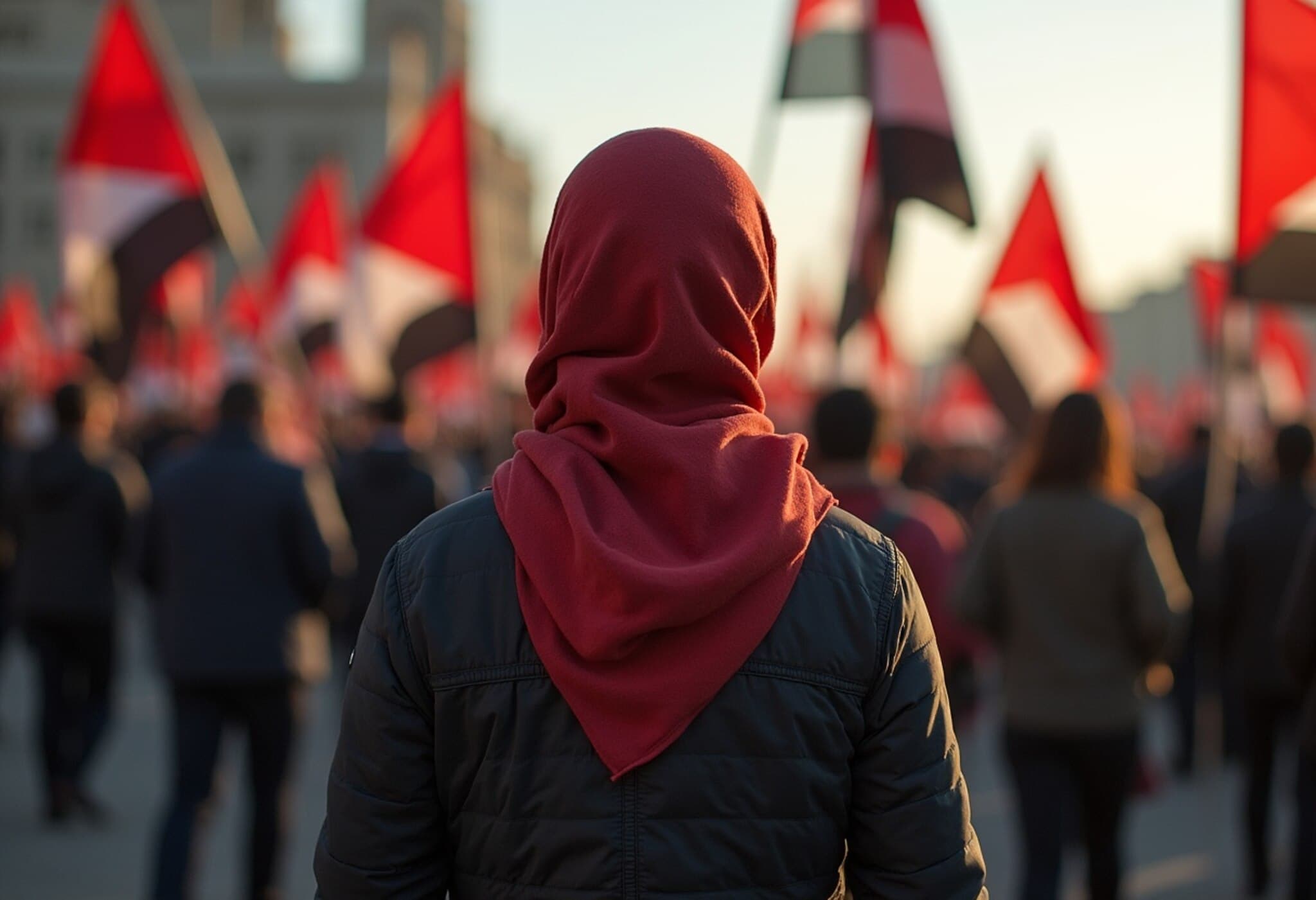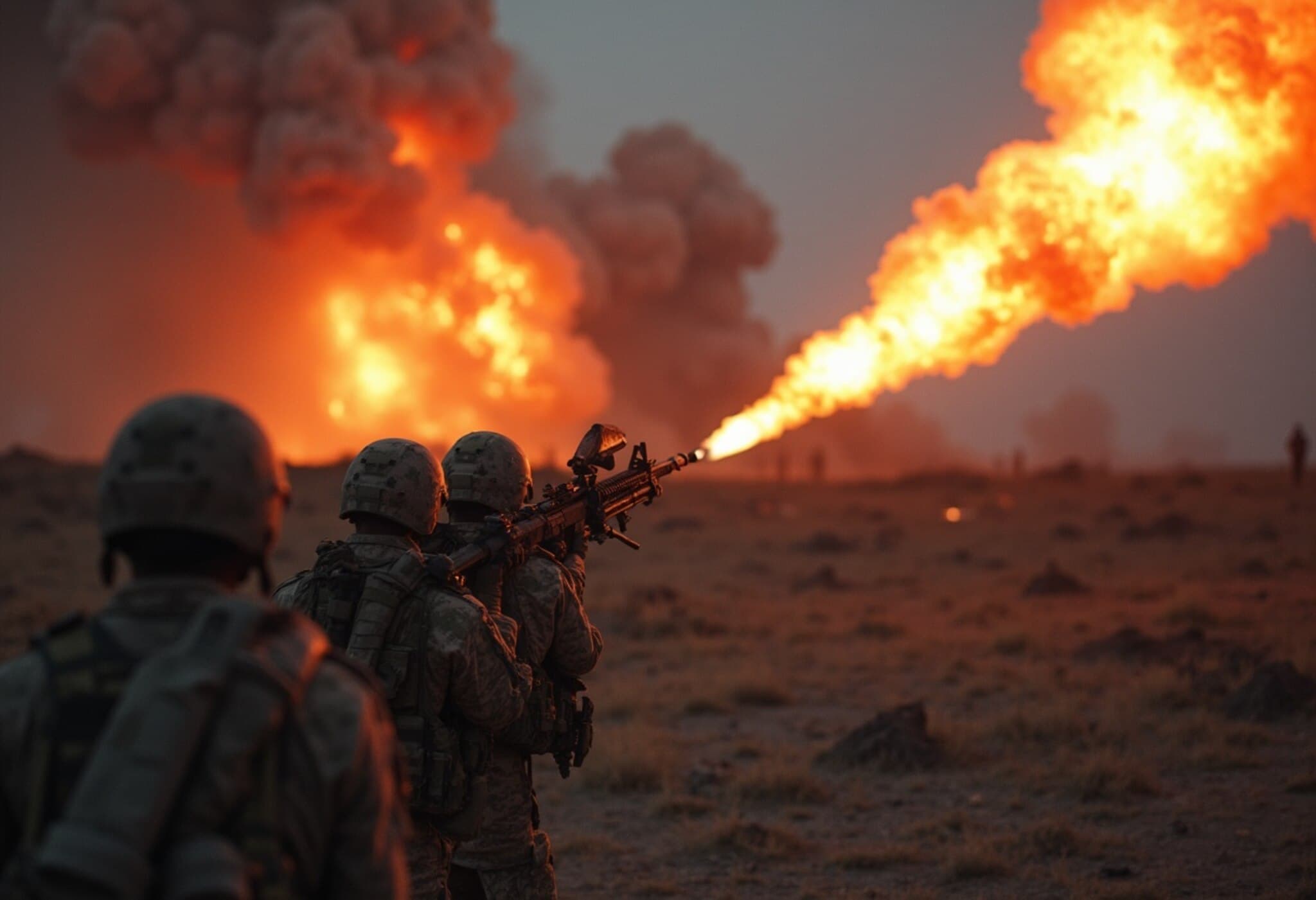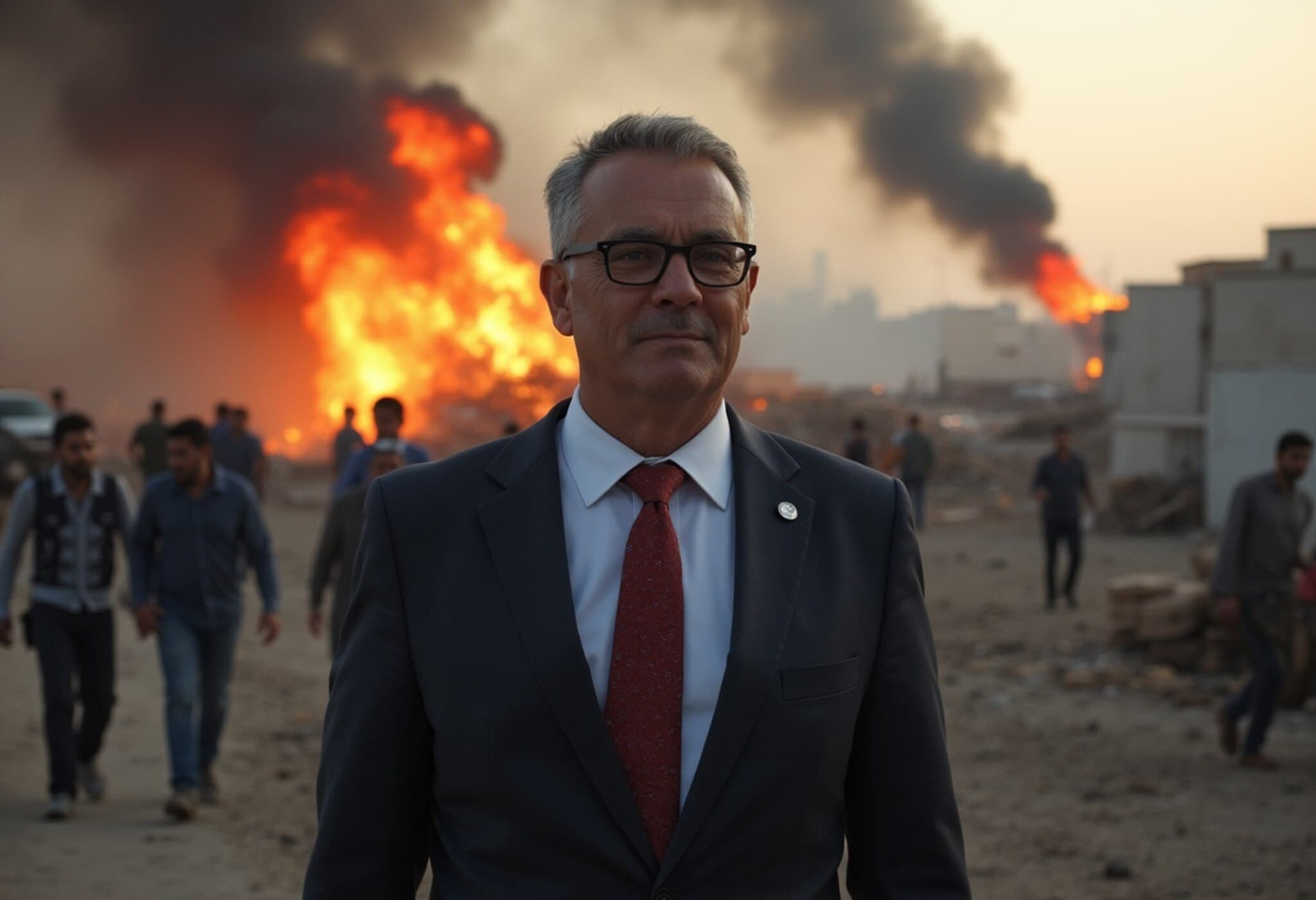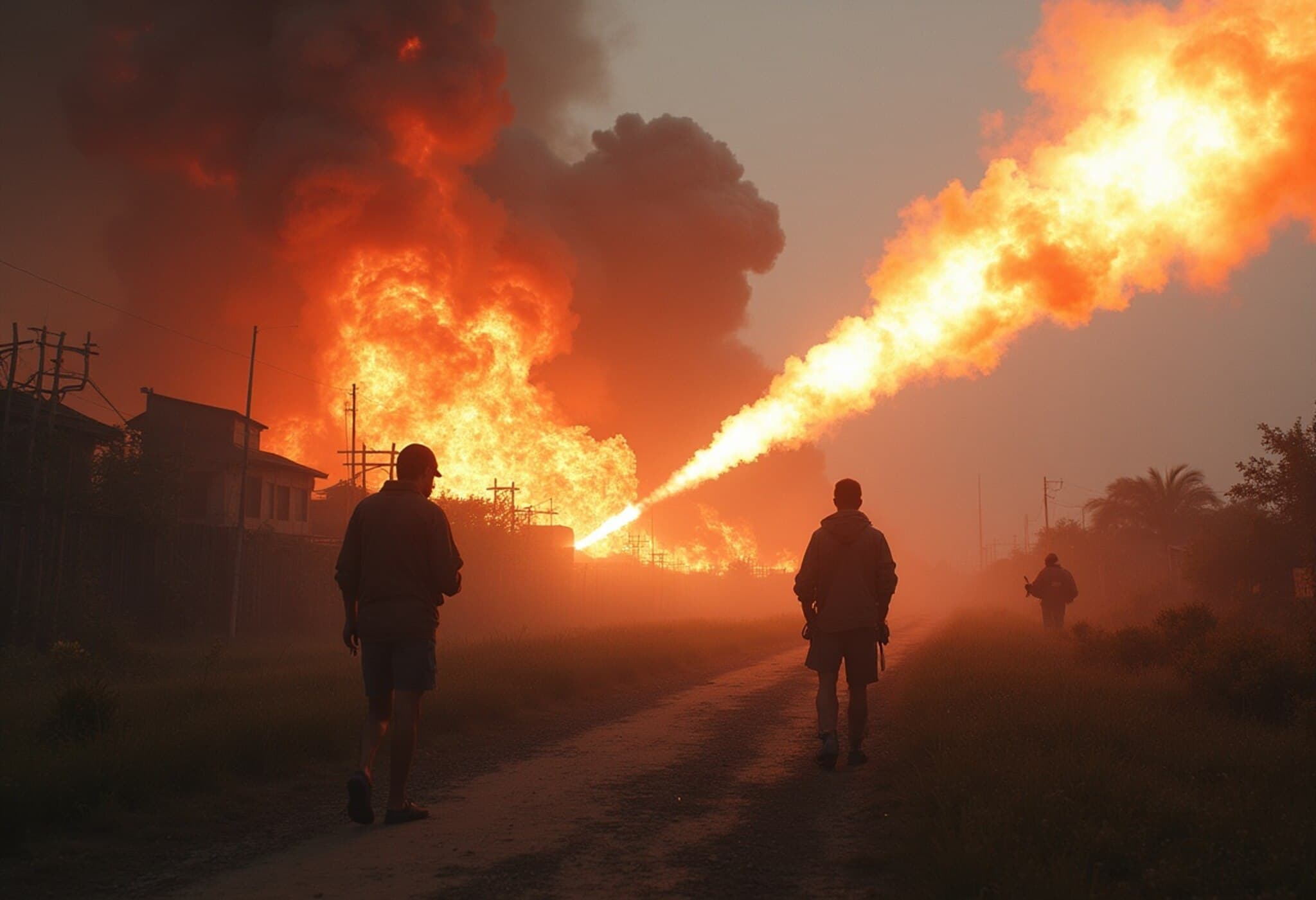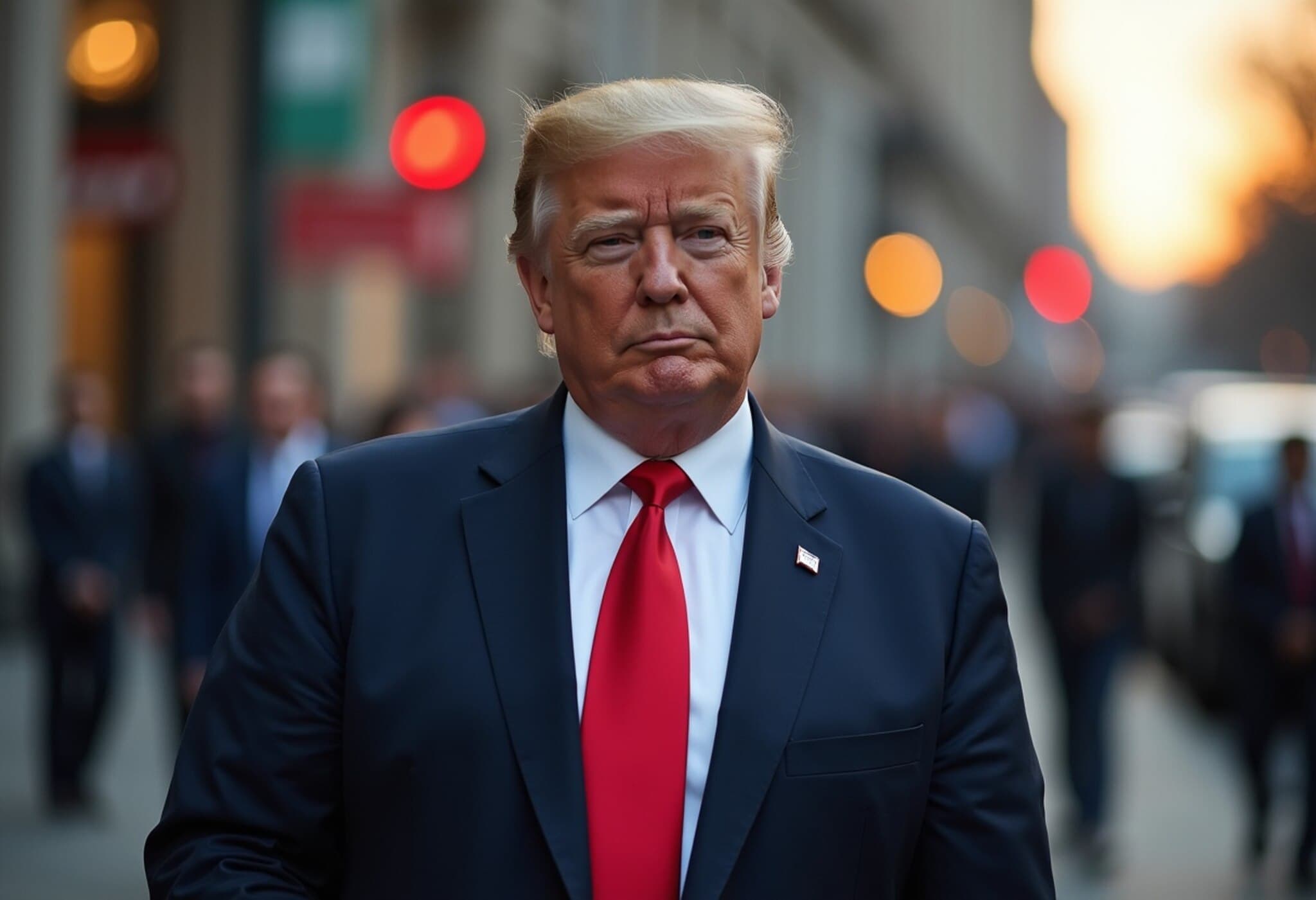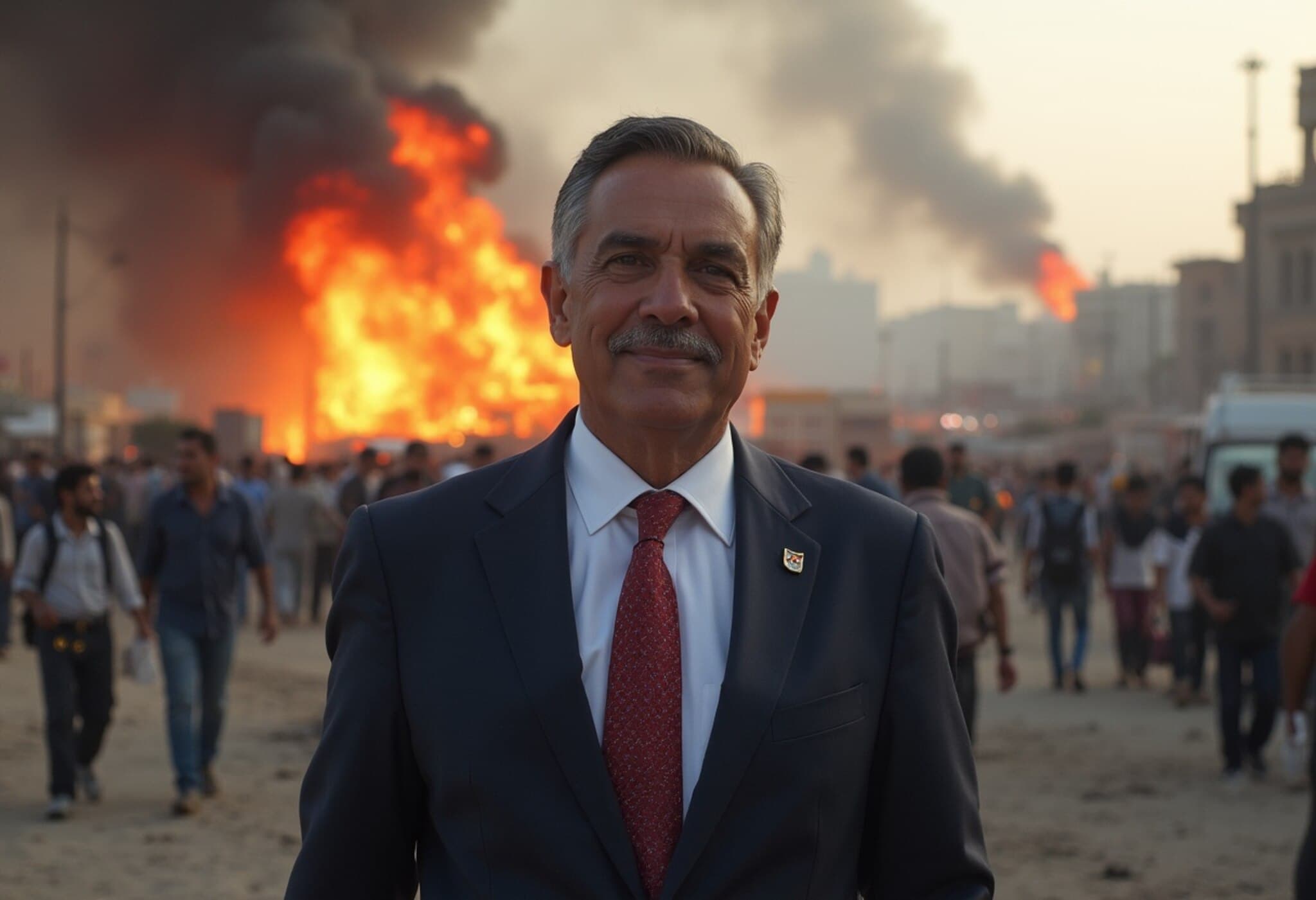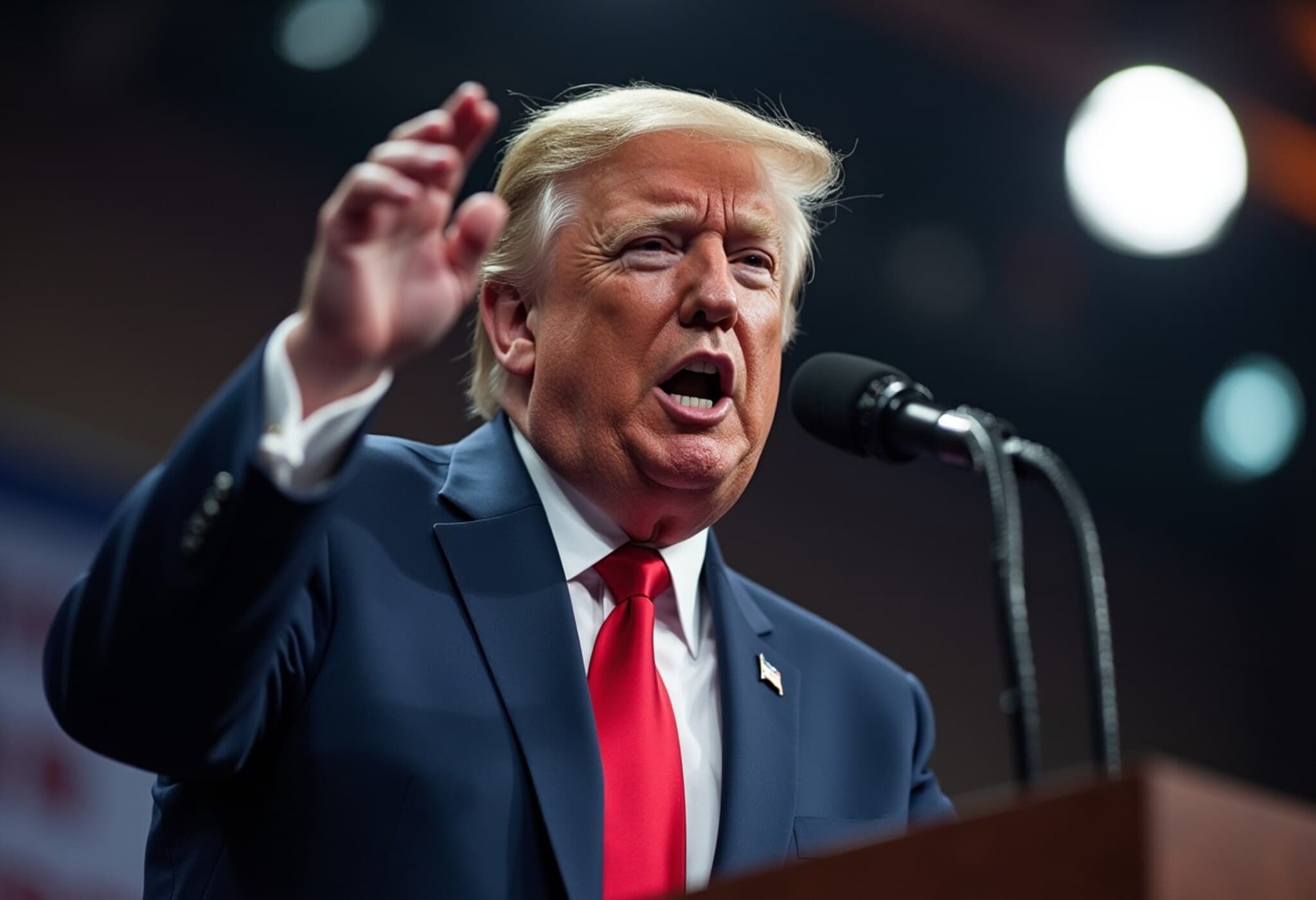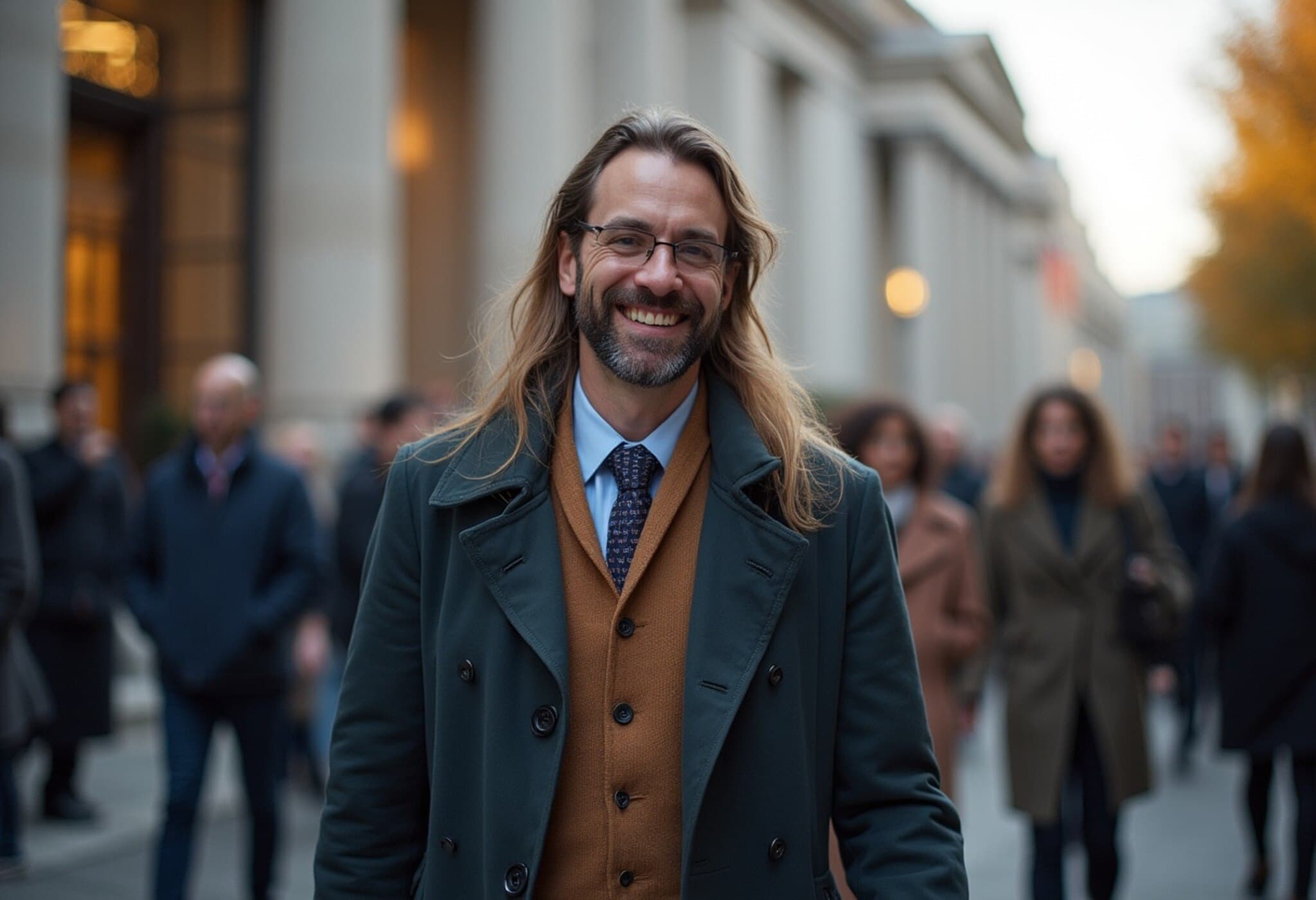India Calls for Urgent Ceasefire in Gaza
In a compelling and decisive appeal at the United Nations Security Council's Quarterly Open Debate on the Situation in the Middle East, India emphasized the dire need for a sustained ceasefire in Gaza. Ambassador Harish P., India's Permanent Representative to the UN, articulated the nation's firm stance: intermittent pauses in hostilities fall short amid the devastating humanitarian crisis unfolding in the region.
“There is no substitute to peace,” Ambassador Harish asserted, underscoring that lasting peace and humanitarian relief must be prioritized. He called for safe, continuous, and timely delivery of humanitarian aid and reiterated that all Israeli hostages taken by Hamas be released without delay.
The Hostage Situation and Humanitarian Toll
The conflict has seen 251 hostages taken during Hamas’s 2023 attack, with 49 still held in Gaza. Alarmingly, the Israeli military reports that 27 of these hostages are deceased. This grim reality amplifies the urgency for a ceasefire and diplomatic negotiations to prevent further loss of life.
India continues to advocate for a peaceful, two-state solution where a sovereign and viable State of Palestine can coexist alongside Israel within secure and recognized borders — an enduring vision for regional stability.
Behind the Scenes: Gaza Ceasefire Negotiations
For more than two weeks, indirect talks mediated in Doha have been underway to forge a truce. Hamas recently conveyed its response to an Israeli 60-day ceasefire proposal. The Palestinian factions’ counterproposal included critical amendments regarding humanitarian aid access, territorial withdrawals, and guarantees aimed at securing a lasting end to hostilities.
Despite these discussions, a formal ceasefire remains elusive, prolonging suffering on all sides and stretching diplomatic patience.
Why India's Voice Matters
As a prominent member of the UN Security Council and a key player in global diplomacy, India’s call for an immediate ceasefire reflects a broader international desire to halt violence and protect innocent civilians. India’s balanced approach—recognizing the grief on both Israeli and Palestinian fronts—demonstrates a principled commitment to peace without partiality.
This stance also aligns with India’s historical support for multilateral solutions and conflict resolution through dialogue, setting an example of responsible global leadership.
Looking Ahead: The Road to Peace
Ambassador Harish’s remarks reiterate a crucial truth: diplomacy and sustained dialogue are the only effective paths to lasting peace. The cycle of violence and fragmented ceasefires simply prolong hardship and diminish prospects for meaningful resolution.
- Immediate humanitarian access: Ensures civilians receive vital aid.
- Comprehensive ceasefire: Moves beyond intermittent pauses to a durable truce.
- Hostage release: A humanitarian imperative and a foundation for trust.
- Dialogue and diplomacy: Continued negotiations to resolve deeper political issues.
The international community, led by voices like India’s, faces the critical task of supporting these steps before grief and instability deepen further.
Editor’s Note
India’s clear and compassionate appeal at the UN highlights an often-overlooked dimension: peace is not just the cessation of conflict but the restoration of humanity and dignity amidst suffering. As the Gaza crisis evolves, the crucial questions remain — can sustained dialogue overcome entrenched hostility? Will humanitarian imperatives drive political solutions? India’s stance invites us to reflect on the power and limits of diplomacy in one of the world’s most protracted conflicts.

